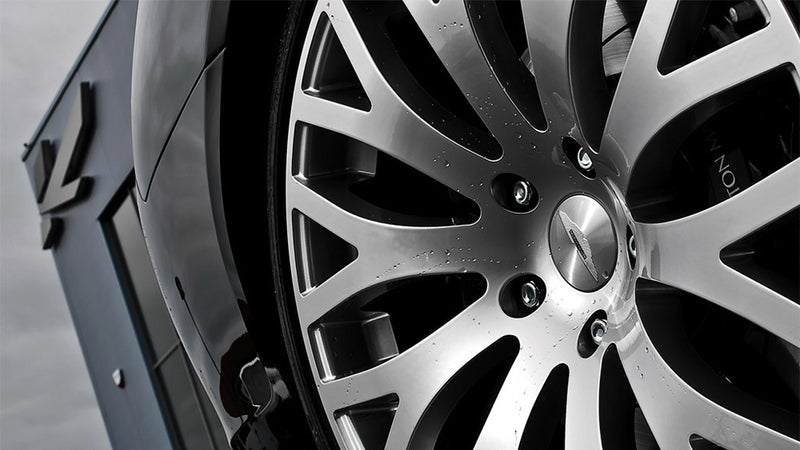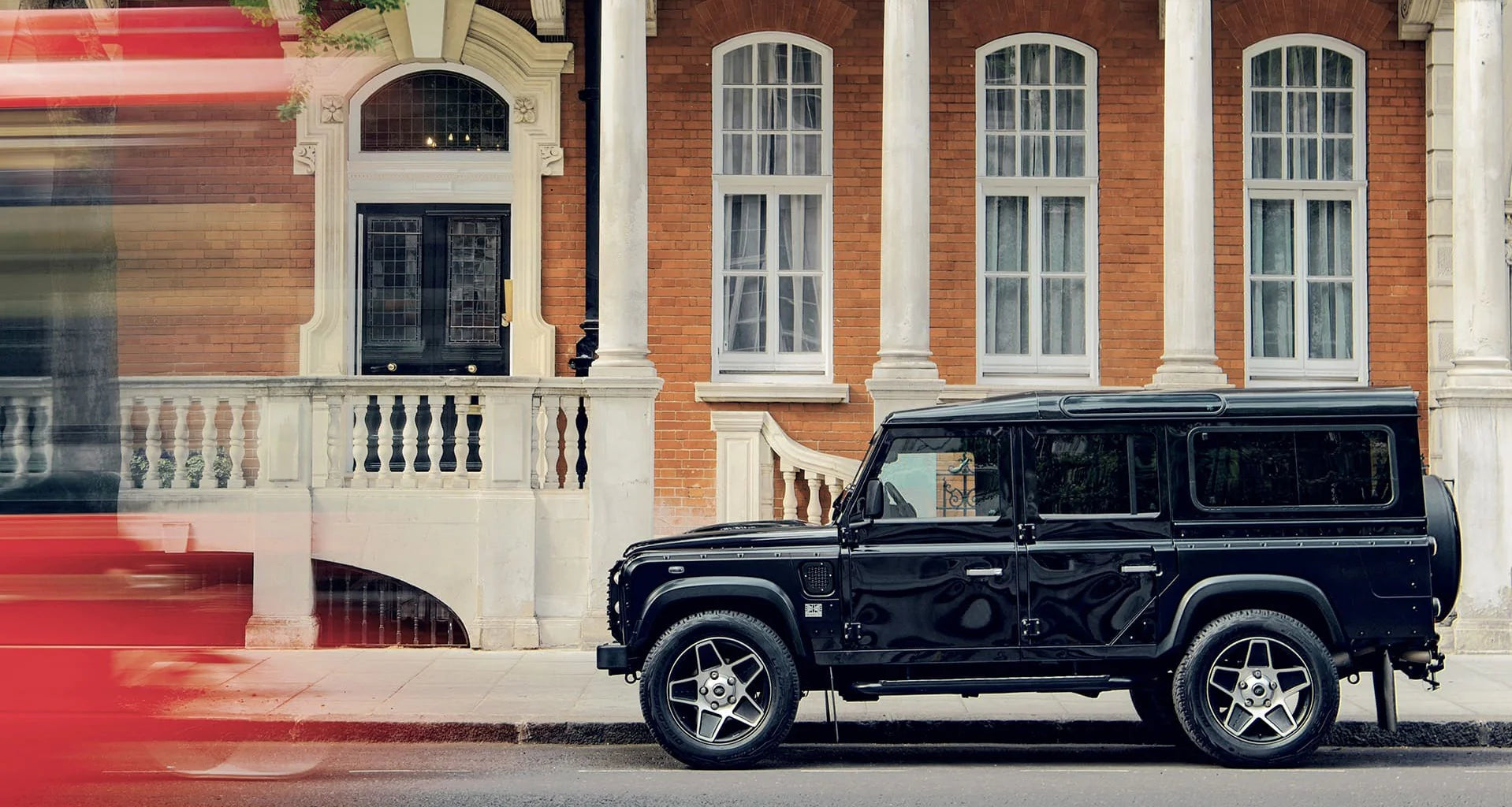Has the electric car finally come of age?
Feb 12, 2020

Electric cars. Are they really the future, or are they just an expensive toy, only really any good for short range commutes?
Will there ever be an electric car that the discerning customers of Kahn Design would be interested in owning? Allow Kahn Design\'s Carl Pickles to investigate.
First, a little history:
Until 1900, believe it or not, an electric vehicle owned the world land speed record. Something like 40% of American cars were steam powered, 38% were electrical and only 22% were petrol powered. Unfortunately, high cost, short range and difficulty of recharging meant that vehicles powered by the internal combustion engine took over.
There was a brief surge in electric car ownership and interest in 1912, following the electrification of many homes, but their marketing as “women’s cars” damaged sales.
Developments such as the electric starter motor, improved long-range road networks and discovery of oil reserves in many parts of the world drove down the price of petrol-powered cars to a level that the electric cars of the time couldn’t compete with.
By the 1950’s just about the only electric vehicle most people would see on the road would be the humble (and ridiculously slow) milk float.
Fast forward
Fast-forwarding to the 1990’s, General Motors launched the EV1. It was available on a limited lease in California and Arizona as a “real-world engineering evaluation”. The cars couldn’t be purchased, and could only be serviced at Saturn dealerships. Despite these limitations, the customer response was very positive. GM, in their wisdom, decided that the EV1 inhabited an “unprofitable niche of the automobile market”, and the cars were all withdrawn and either crushed or given to museums.
This decision came alongside slackening of the ZEV stipulations, which allowed companies to produce super-low-emissions vehicles, natural gas vehicles, and hybrid cars in place of pure electrics. This was the death-knell for the EV1, and it was discontinued in 2002, despite protests from environmental groups and, more importantly, the people who were using the vehicles. Did GM self-sabotage the EV1 when they realised it could lead to a loss in profits on parts sales? The conspiracy theorists certainly seem to think so. According to the film, Who Killed The Electric Car, Ovonics (GM’s battery supplier) had been suppressed from announcing improved batteries with increased ranges, lest the California Air Resources Board got wind that the batteries were improving. Ovonics were then bought by Chevron, ostensibly to prevent NiMH batteries being used in purely electric cars.
Interestingly, in March 2009, the outgoing CEO of GM, Rick Wagoner, said the biggest mistake he ever made as chief executive was killing the EV1 and failing to direct more resources to electrics and hybrids after taking an early lead in the field. GM has since championed its electric car expertise as a key factor in development of its 2010 Chevrolet Volt, the first electric car that uses a gas generator to generate electricity when the battery is depleted, furthering the range by at least 270 miles.
The global recession in the late-2000’s saw car companies begin to look at alternatives to “gas-guzzlers” in order to sell more cars. California’s Tesla Motors began development of it’s Roadster, with the first models being delivered in 2008. Mitsubishi launched the i-MiEV to their domestic fleet customers in 2009, with Citroen and Peugeot rebadging them for European customers.
In an August 2009 edition of The New Yorker, William Lutz, vice-chairman of GM was quoted as saying, \"All the geniuses here at General Motors kept saying lithium-ion technology is 10 years away, and Toyota agreed with us – and boom, along comes Tesla. So I said, \'How come some tiny little California startup, run by guys who know nothing about the car business, can do this, and we can\'t?\' That was the crowbar that helped break up the log jam.\"
In 2010, Nissan launched the Nissan LEAF which just last month (March 2013) was announced as being manufactured in Sunderland, and last year, Tesla launched the Model S.
So then, it would seem that the electric car is in the throes of a comeback. Charging points are springing up anywhere and everywhere, along with improvements in battery technology leading to longer ranges, higher efficiency and more speed. Has the technology finally come of age? Will any of the companies involved build a car that Kahn Design customers are going to be interested in? Based on the evidence at the moment, Tesla does seem to be the frontrunner in this regard with the Model S. It’s 0-60 time of 4.4 seconds, 310 mile range and not-too-bad looks (which would really benefit from a Kahn makeover) does make the Californian company’s output start to look attractive and promising for the future.
As the old saying goes, “Watch this space”.
More Stories >





